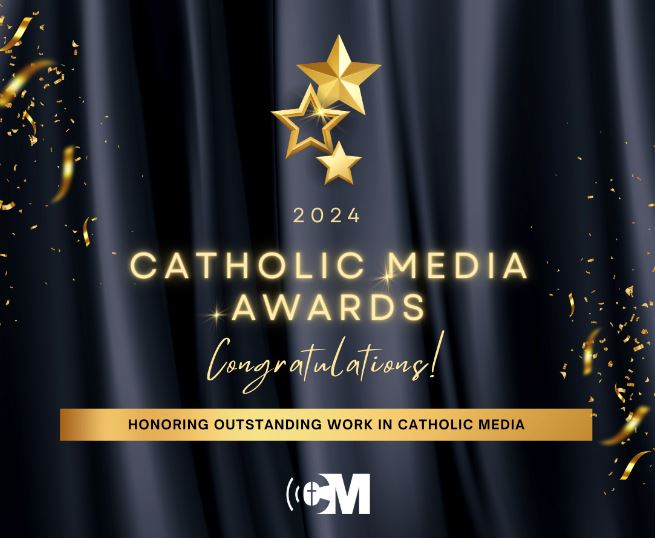On June 28, 2024, the Supreme Court of the United States made a 6-3 decision to discard the 40-year-old Chevron v. Natural Resources Defense Council ruling. The Chevron ruling has been a key principle in administrative law since 1984 and compels courts to defer a federal agency’s interpretation of ambiguous statutes that the agency administers. You can read the ruling from 1984 here.
The decision to discard Chevron came following the Loper Bright Enterprises v. Raimondo case, which involved commercial fishermen who challenged a federal agency’s interpretation of a fishery law. The question led the Supreme Court to question whether they should continue to apply Chevron deference or set new limits on when it applies.
This ruling could have significant negative implications for environmental work. Agencies such as the Environmental Protection Agency (EPA) might face increased legal challenges to their regulatory actions, potentially hindering their ability to enforce environmental protections swiftly and effectively.
“All of us have experienced the frustration of dealing with the bureaucracy of government,” said Dan Misleh, Founder and Interim Executive Director of Catholic Climate Covenant. “However, in Catholic social doctrine, an essential role of government is to promote and protect the common good. And while regulations can seem onerous, they are in place to prevent abuses by powerful special interests (polluters of air, water, and land — all part of the “commons,” — for example) so that human life and human dignity can be protected.”
Courts will have increased latitude in interpreting environmental statutes without deferring to agency expertise. This could lead to less consistency in how environmental laws are applied and significantly slow down their implementation.
Effective environmental policy often depends on the ability of agencies with expertise to interpret and enforce regulations related to emissions, energy efficiency, and renewable energy. Discarding the Chevron ruling, and in turn deference to these agencies, might restrict an agency’s ability to adapt regulations based on evolving science and technological advancements.
Given this decision, it will be crucial for environmental and justice advocates to monitor the ruling’s impacts closely and seek new strategies to ensure robust environmental protections continue to be enforced effectively.
“The SCOTUS decision to discard the Chevron ruling is a disappointing one,” said Misleh. “This landmark decision has profound implications for our mission to protect God’s creation and advocate for climate justice. This decision, while a setback, does not deter our mission. We are guided by the scriptures, our faith, and the principles of Laudato Si’, which call us to care for our common home and advocate for those disproportionately affected by environmental degradation.”
###
About Catholic Climate Covenant
Catholic Climate Covenant is a national U.S. nonprofit founded with the support of the U.S. Conference of Catholic Bishops in 2006 that inspires and equips U.S. Catholics and institutions to care for creation together. Through 20 national partners, we guide the U.S. Church’s response to climate change and integral ecology through faith-driven education, advocacy, and resources.
www.catholicclimatecovenant.org
#######

